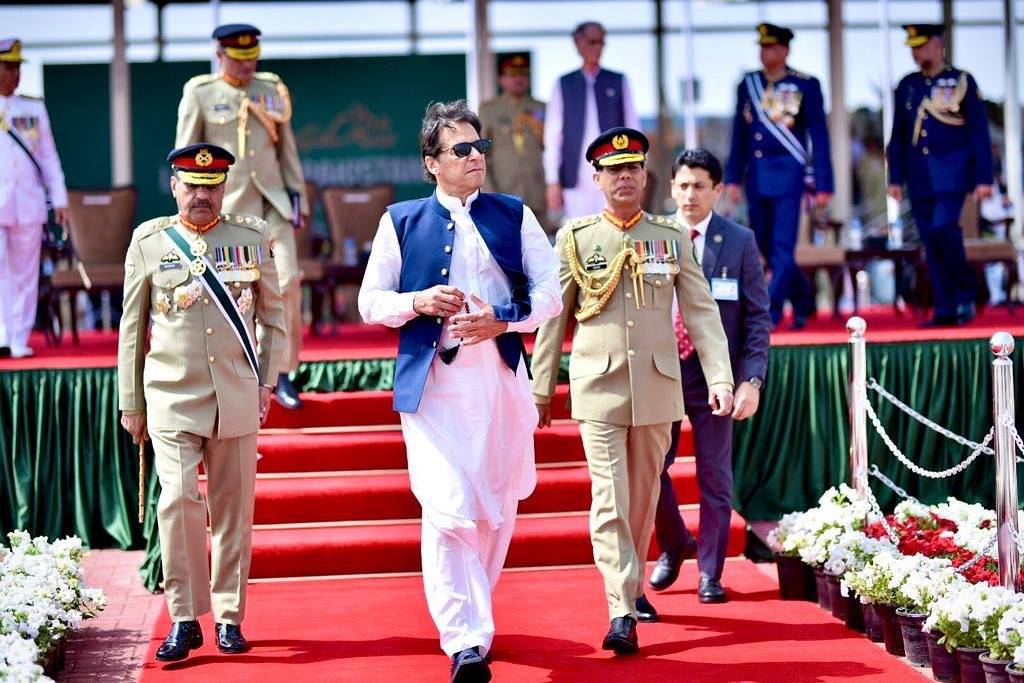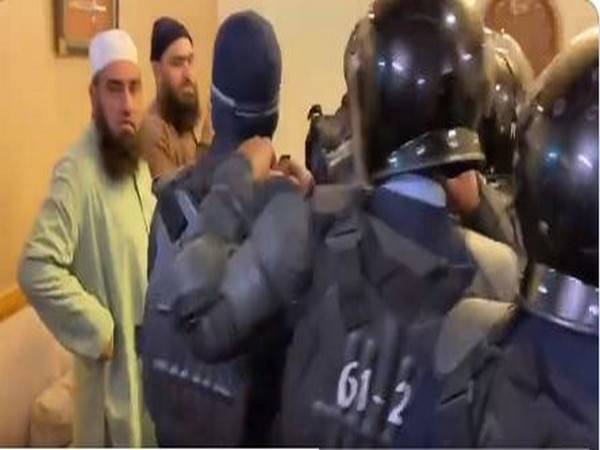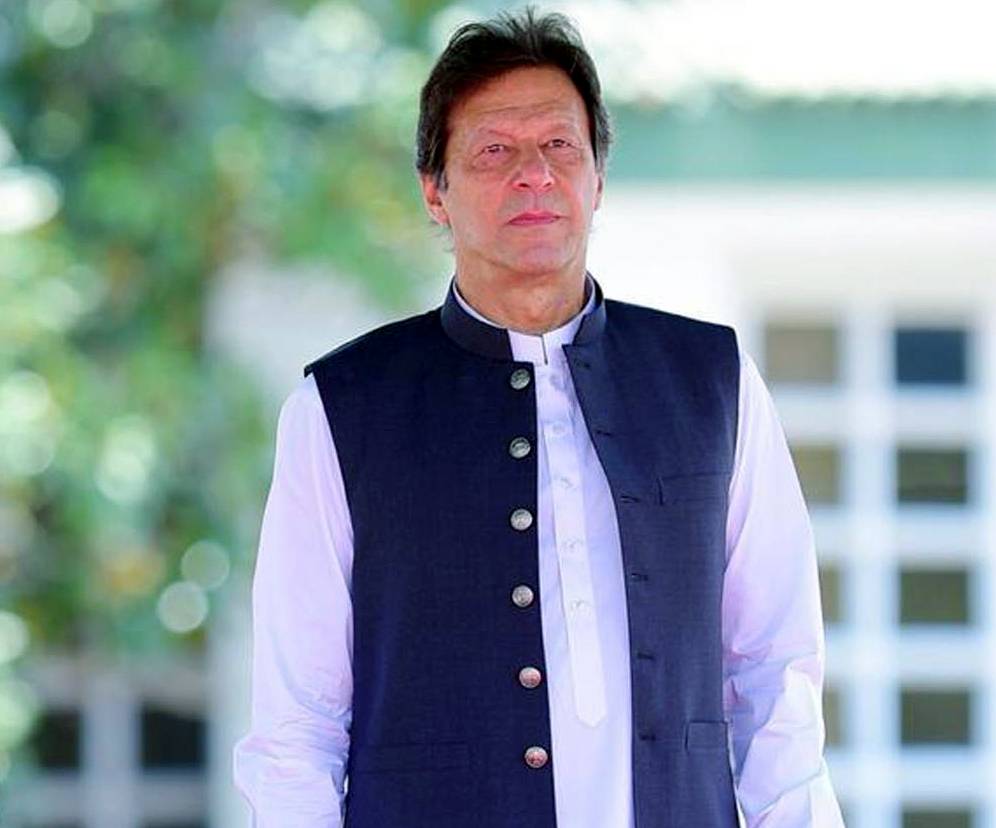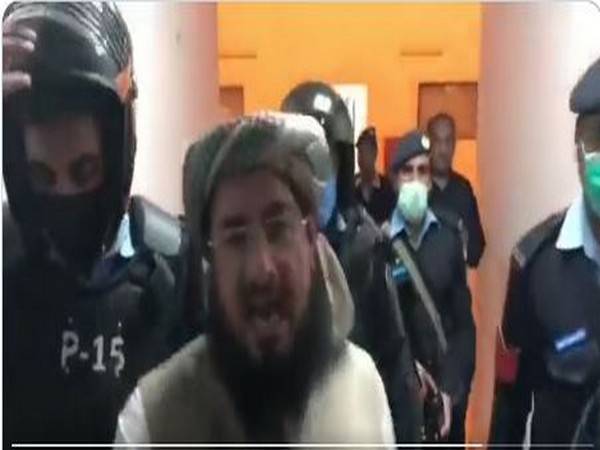More than 50 of the federal and provincial ministers have not been seen in public since the opposition began stacking up perils against Prime Minister Imran Khan, reports Asian Lite News
As the crucial no-confidence motion inches closer and uncertainty continues to shroud political alliances, at least 50 ministers belonging to the ruling Pakistan Tehreek-e-Insaf (PTI) have gone ‘missing from the political front, Express Tribune reported.
More than 50 of the federal and provincial ministers have not been seen in public since the opposition began stacking up perils against Prime Minister Imran Khan.
Sources shared that out of these ministers, 25 happen to be federal and provincial advisers and special assistants, while four of them are ministers of state, four advisers and 19 special assistants.
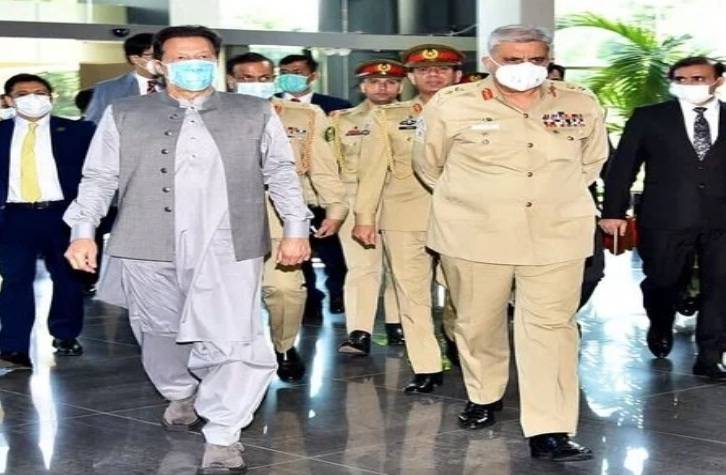
The odd development comes as the deafening silence of many PTI ministers is feeding the speculation that by holding their tongues – much like the allies – the ministers might be weighing other options as they await the right time, The Express Tribune reported.
However, at the federal level, the embattled Prime Minister continues to enjoy vigorous support.
Foreign Minister Shah Mahmood Qureshi, Information Minister Fawad Chaudhry, Energy Minister Hammad Azhar, Minister of Defence Pervez Khattak and Interior Minister Sheikh Rasheed are among the most vocal stalwarts who continue to propagate the government’s narrative, putting themselves at the forefront in Khan’s defence.
However, a large number of federal and provincial ministers and cabinet members remain conspicuous for their absence in times of trouble.
ALSO READ: Bajwa gives up on Imran

